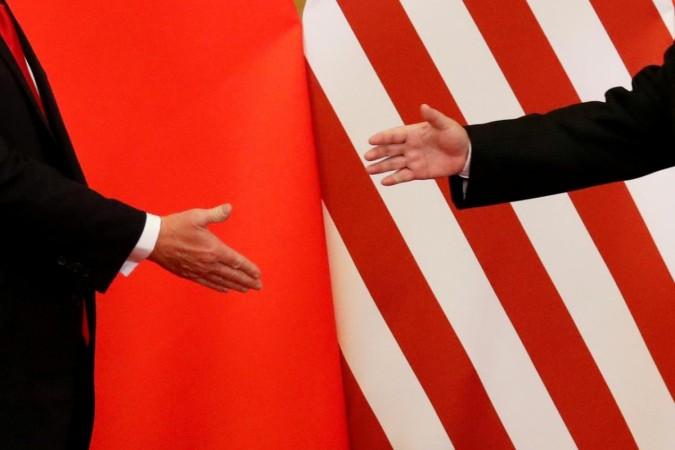China and the US have been battling it out over the Huawei ban for a year now and there hasn't been any resolution. The US blacklisted Huawei on the allegations of espionage, and the U.S. Department of Commerce ordered all American corporations to stop trade with the Chinese tech giant. That meant Huawei couldn't use Google Apps or even continue its trade with Intel, Qualcomm and Broadcom and other US firms.
Huawei tried to remain optimistic through it all - even started building its alternate ecosystem for smartphones. But China didn't lose sight of the Huawei ban as it continued to persuade the US to change its stand. Fast forward to the current time in the post-COVID-19 era and the US-China trade war took the worst turn.
US imposes new sanctions on Huawei
US President Donald Trump has been vocal about his feelings towards China - from seeking payback for putting the world through a pandemic and stopping funding to the WHO for its alleged favoritism towards China. But the real blow to China came when the Department of Commerce said the Trump administration is going to ban Huawei from using US software and hardware in certain strategic semiconductor processes.

The US considers Huawei a national threat, alleging the Chinese government could access data gathered by Huawei networks.
"Let's cut to the chase: China's main export is espionage, and the distinction between the Chinese Communist Party and Chinese 'private-sector' businesses like Huawei is imaginary. Huawei's supply chain depends on contracts with American companies and the Commerce Department ought to take a careful look at how we can effectively disrupt our adversary," US Senator Ben Sasse, said welcoming the new sanctions on Huawei.
China's retaliation could cost Trump
China hasn't been happy with Trump's actions lately. But imposing further restrictions on Huawei to block shipments of semiconductors to the Chinese tech giant could have serious consequences. According to a report by the Chinese state media outlet Global Times, China could activate an "unreliable entity list' in retaliation to the Trump administration's actions. China is threatening to put major US tech firms such as Apple, Qualcomm, Boeing, and other US firms in its new list, which would restrict these companies from exporting their goods to China and initiate an investigation by Chinese authorities.

"China will launch rounds of endless investigations on those firms, just like swords hanging over their head. It will dampen investors' confidence and squeeze their income in the Chinese market," an anonymous source told Global Times.
China is a huge market for companies like Apple and Boeing. In Q1 2020, up to 14.8 percent of Apple's total revenue came from China. As for Boeing, China could cancel all of its current orders even at the cost of having some Chinese companies to pay hefty liquidity damages. But it will be a bigger blow to Boeing to lose the world's largest buyer of planes as a customer, resulting in losing 30 billion yuan worth business every year.
The serious concern would be for smaller US firms, which could lose big or even collapse if put under China's "unreliable entity list."
"They are vulnerable to restrictive measures. Once Chinese authorities impose sanctions on them, the cost is ill-afforded. Most small firms will be pushed to the brink of collapsing," Gao Lingyun, an expert at the Chinese Academy of Social Sciences with contacts in the Chinese government, said. He noted that such countermeasures could serve as a "first-level" warning to the US side.

















